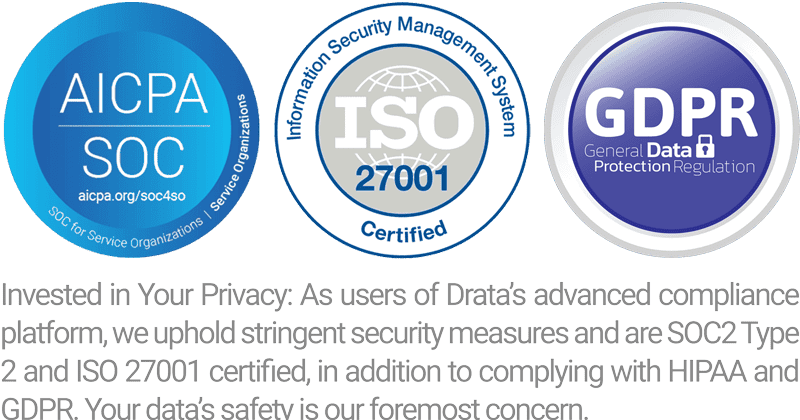Why is Email Authentication Important?
 Email authentication is very important when sending emails through another domain. Marketing emails sent through your marketing automation software is a great example of an email sent outside of your company domain (yourname@yourcomany.com). Authentication helps legitimate senders prove that their email isn’t forged, and can help receiving email servers (like the corporate email servers to which you are sending your marketing emails) control inbound spam.
Email authentication is very important when sending emails through another domain. Marketing emails sent through your marketing automation software is a great example of an email sent outside of your company domain (yourname@yourcomany.com). Authentication helps legitimate senders prove that their email isn’t forged, and can help receiving email servers (like the corporate email servers to which you are sending your marketing emails) control inbound spam.
Still don’t fully understand the concept? We can help break it down for you. Let’s say that you are at home, waiting on a package to be delivered. A guy in blue jeans, a baseball cap, and sunglasses knocks on your door. You become hesitant to open the door to accept the package, because you expected the package to be delivered by a professional delivery service (like FedEx or UPS). You may not even open the door at all, in fear of a stranger gaining access to your home.
The next day, a big, brown UPS truck pulls up to your house. A man in a brown UPS uniform hops out with a package, and rings your doorbell. You don’t hesitate in opening your door and accepting the package, because it is being delivered by someone you believe you can trust.
This is email authentication. In our story above, you are playing the role of the email receiving server (your email account). The likelihood of your denying the package is higher when you don’t know or trust who is sending it. Deliverability is impacted, and it also just looks a little suspicious.
Your marketing automation company should encourage you to add email authentication to your domain. It’s a best practice, and should not be overlooked. Lead Liaison mandates that in our onboarding and assists our clients in that process. We then verify that it has been added, because we know that is a best practice. Even though it’s a little bit more work, and more follow up on our part, we prefer this over going the “easy way” and letting our customers figure it out for themselves.
Interested in learning more about Lead Liaison and our best practices? Click here for a demo!


